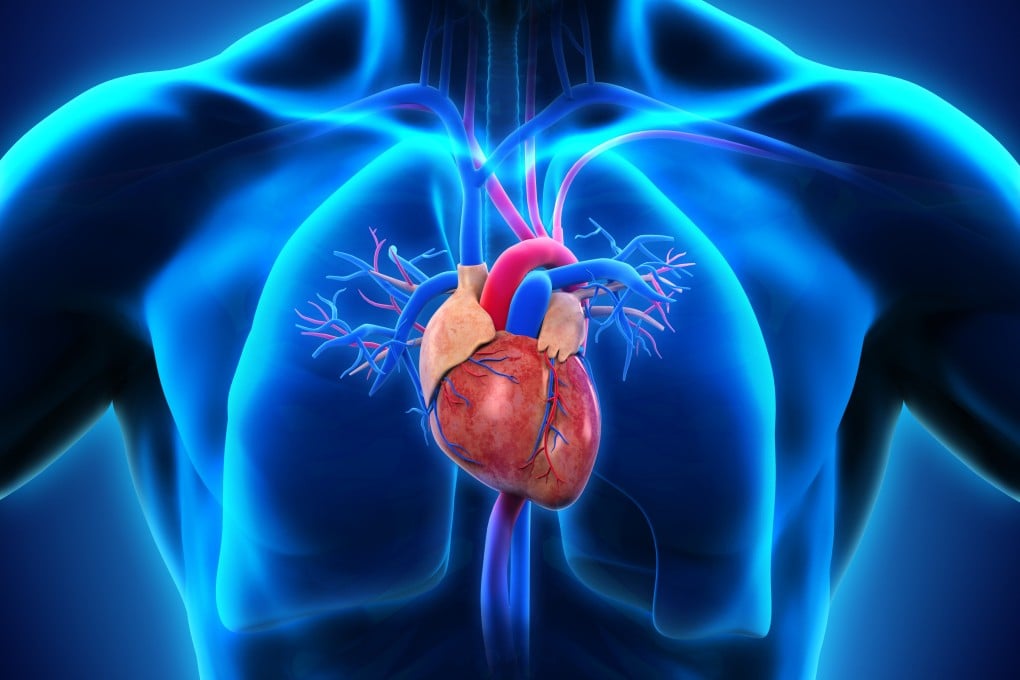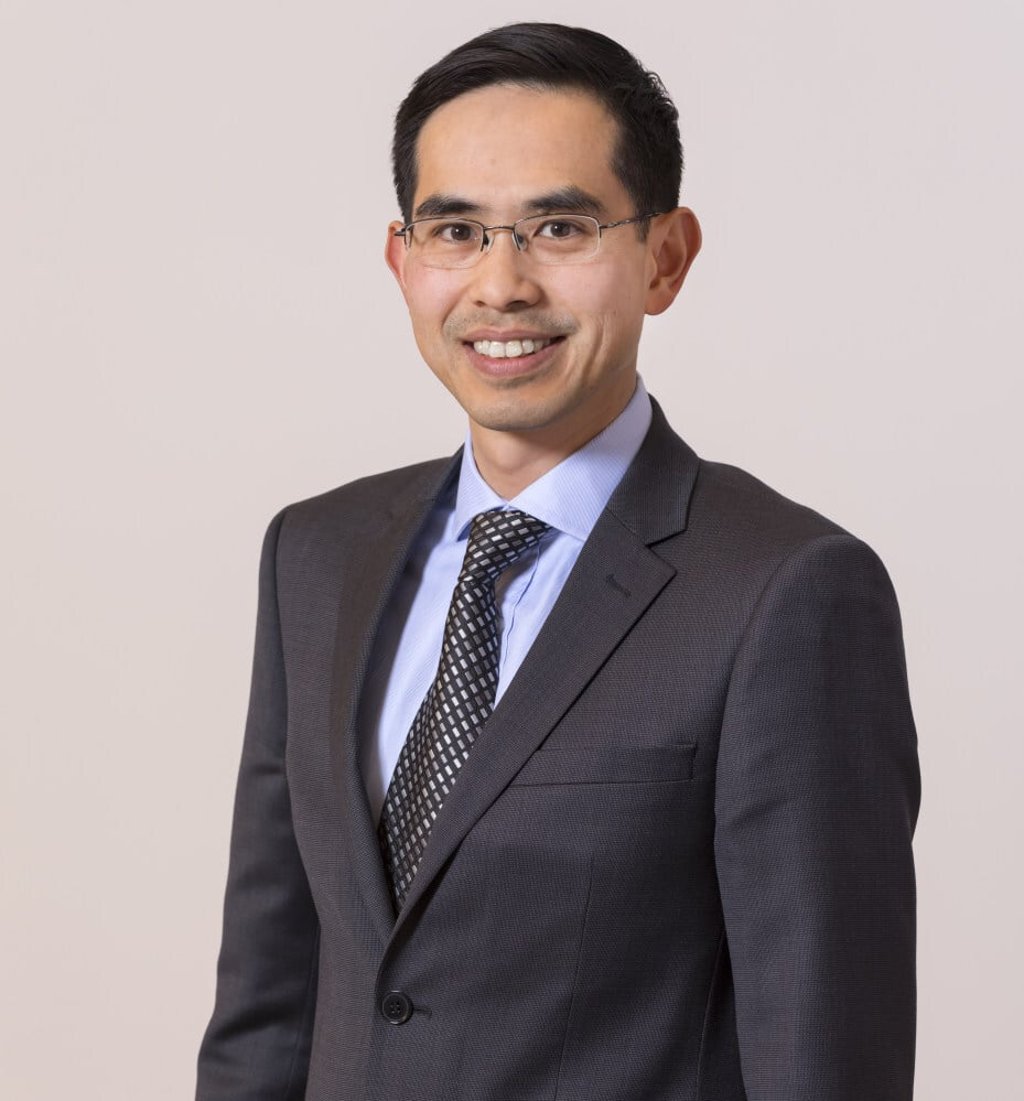World Heart Day 2021: tips on keeping yours healthy through lifestyle changes and devices that alert you to problems
- Heart disease is the world’s number one killer, but new advances help us better understand how to keep hearts beating better and for longer
- A leading cardiologist believes in four Es – education, expectation, empowerment and execution – to help patients avoid problems

Heart disease is one of the biggest killers of men in Hong Kong, according to the city’s Centre for Health Protection. This is true in the United States, too, where one person dies from cardiovascular disease every 36 seconds, amounting to one in four of all deaths.
Worldwide, nearly 18 million people a year lose their lives to this condition – the number one killer, according to the World Health Organization.
Despite the shocking numbers, news about the heart is, well, broadly heartening on three fronts. Research has helped us better understand how to support this vital organ.
As awareness and education have grown, we have learned what we need to do to prevent heart disease – particularly through lifestyle changes. Advances in technology, drugs and surgical techniques have also made it easier to detect and correct serious heart conditions.

Dr Boon Lim, consultant cardiologist and electrophysiologist at Imperial College London, describes the sub-specialities in the field of cardiology as plumbing (interventional cardiology); electrics (electrophysiology); structural disease (valvular heart disease and cardiomyopathies); imaging (CT/MRI/echocardiography scans) – and “everything else – general cardiology to encompass hypertension, preventive cardiology, and congenital defects”.
In each of these, “there have been, and will continue to be, further developments in techniques and tools, with advancing technology, and drugs with a tendency to incremental small gains with each advancing ‘tool’”, Lim notes.